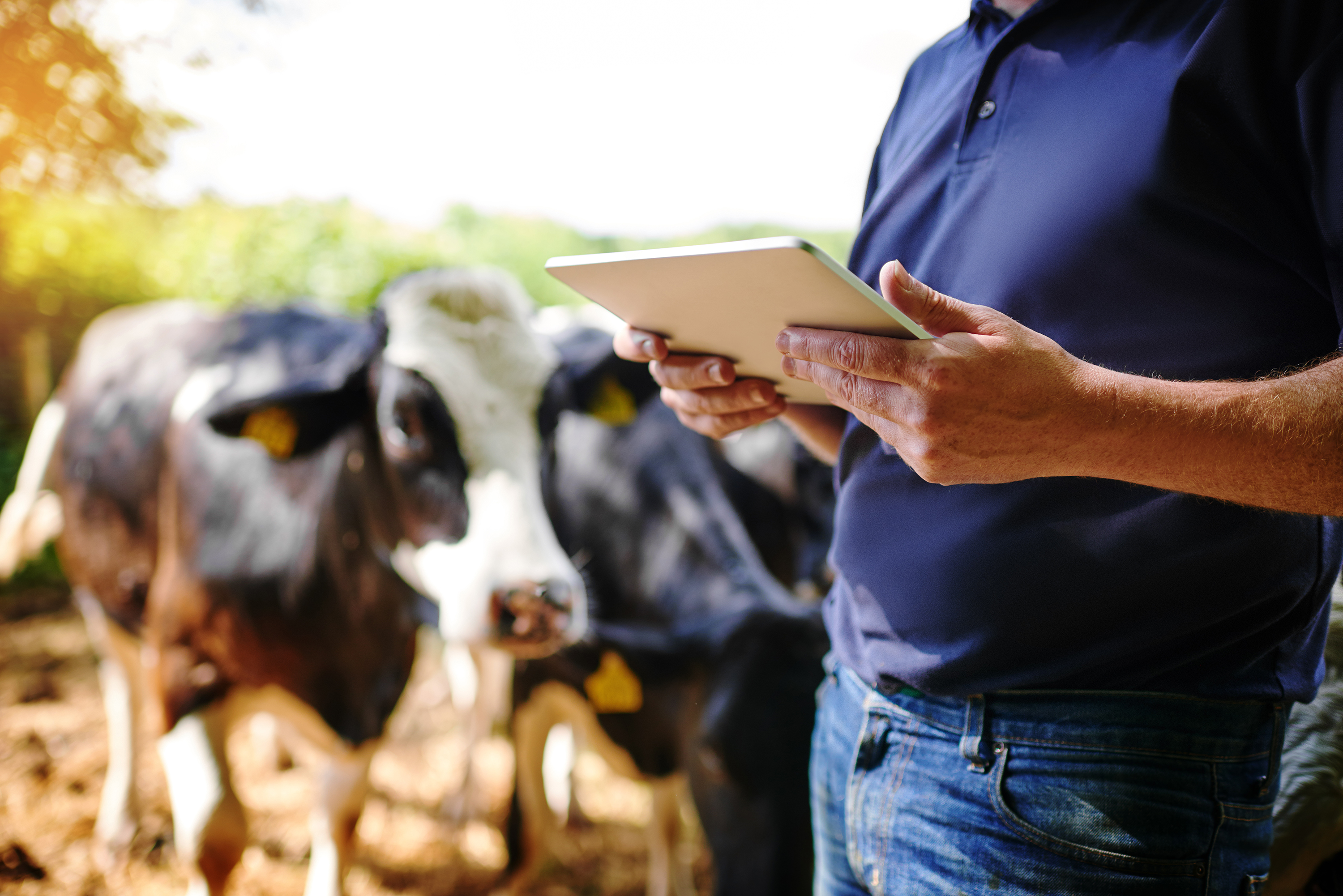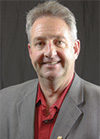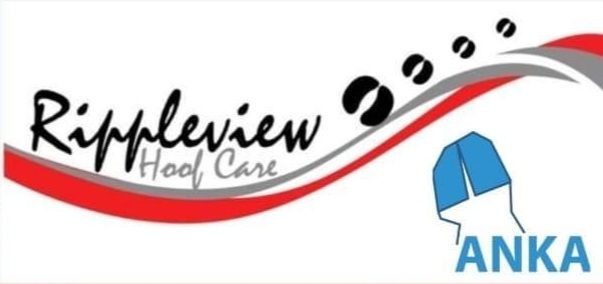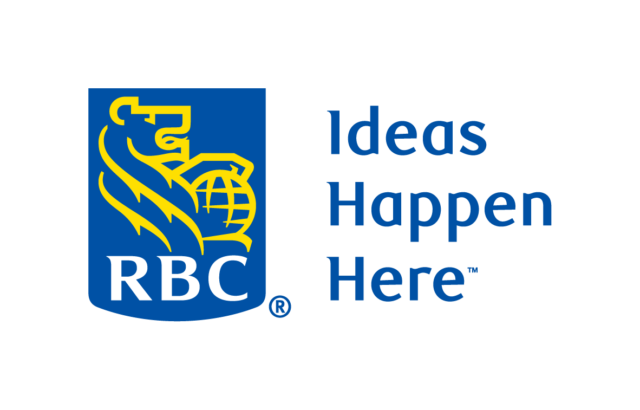Here is an unarguable fact: A high-functioning and effective farm team – with all team members in alignment and focused on achieving established farm goals – has a distinct competitive advantage over a farm that operates without a team.
A farm team can be defined as a group of farm managers, employees and outside experts who come together to generate quality information and engage in high-level dialogue, leading to educated decisions that move the dairy forward on a path for long-term success. These high-functioning teams are assembled with very intentional and careful thought. I’ve had the privilege of working with many high-functioning farm teams, and the following three individual attributes have proven essential to the team’s effectiveness.
1. Confident, not arrogant
Great contributing team members know their craft and are competent at what they do. They are confident in making recommendations within their area of expertise, but not in a manner that is seen as arrogant or condescending. When it is their turn to give an update or a report, they are thorough in their topic area with summaries and recommendations. They follow through on tasks they’ve been assigned previously.
These team members are also open to feedback for improvement – whether that is personal improvement, improvement in their area or improvement of the dairy as a whole. Being open-minded and willing to learn is key. Experts that never stop learning and growing are rare and valued team members.
2. Listening
Great team members are very astute at listening with the intent to understand and not just listening with the intent to respond and hear themselves talk. Individuals who contribute before they have all the context and background information seldom offer the right solution or add long-term value. Great communicators always begin with accurate listening and then convey their thoughts (either written or verbally) in a concise and succinct fashion.
3. Focused on the big picture
People who understand that the objectives of the team outweigh their individual objectives also serve teams well. When individual team members come to the table with personal agendas, it is often quickly noticed by other team members and requires a lot of time and energy to diffuse and navigate. Individuals with this approach quickly become limited in their contributions to the team. They tend to not stay on high-functioning teams for very long. As the old cliché goes, "There is no “I in TEAM.”
Internal experts on your farm team
You likely can identify employees all over your dairy in various roles who have the attributes listed here and want to contribute to the dairy’s progress. I have seen employees who milk cows, maintain barns, feed cows, work in the maternity area, maintain equipment and feed calves contribute to high-functioning teams. They are closest to the work and processes of your dairy. Tap into this pool as often as it makes sense.
In this same vein, your middle managers should possess the attributes needed to contribute to a high-functioning team. If they don’t, ask why and supply the coaching or resources for them to understand the concept and the value of being a contributing member of your team. They too are on the front lines of your dairy and often have solid ideas, solutions for improvement and opportunities to capitalize on the various strengths of your farm.
External experts on your farm team
When it comes to external experts, in almost every situation, a nutritionist, veterinarian, reproductive specialist, agronomist and financial consultant/banker should be on your extended team, as these areas of expertise are often the most crucial areas of focus for the dairy. These team members work in areas that can significantly move the needle for your farming business. They construct and implement diets that are efficient and perform well; consistently conduct herd health programs and keep cows healthy; get cows pregnant, define genetic programs and sire selections, and keep genetics and animal numbers progressing at the right pace; help effectively plan cropping programs that supply the forage and nutrients needed for the cows while being environmentally sound; and supply financial resources while monitoring budgets and helping with risk management programs.
These areas are highly intertwined and do not stand alone. As such, these team members need to work collaboratively and communicate freely, candidly and frequently (with each other and farm management), recognizing how their areas of expertise may affect other areas. If this isn’t happening, the team is not functioning as it could or should. It is the responsibility of owners and fellow team members to make changes and select external team members who are focused on working together to reach the overall farm objectives.
Call on other experts when needed
Specific challenges or opportunities arise on a farm in which additional team members or resources will help move the dairy forward. For example, I can think of numerous times the hoof trimmer was brought into the fold for hoof health or locomotion issues and was instrumental in resolving the issues. At other times, experts in equipment, products, milk quality or employee benefits – to name a few examples – have been key to helping the farm team move the dairy forward.
These additional team members tend to be involved for the duration of the specific challenge or opportunity and then step back from the team. They may check in periodically to provide updates or help monitor progress.
Maintaining a high-functioning team
There is a practical size of the core team to make sure time and resources are used wisely and effectively. Large groups can be unwieldy and hard to keep focused. In addition, every farm team has a unique culture that will develop and change over the course of time as members enter and exit the team. Healthy cultures can be fragile. Owners and leaders are responsible for monitoring the team’s culture and keeping it healthy, positive and productive.
This isn’t an article on how to run a productive meeting; however, it is important to note that a published agenda, a designated notetaker, specific action items and follow-up steps are all key components of productive team meetings. High-level team members expect this and will become disengaged if meetings are not run professionally.
The amount of progress that can be made over the long term with high-functioning farm teams is indeed significant and gives that business a distinct competitive advantage.






